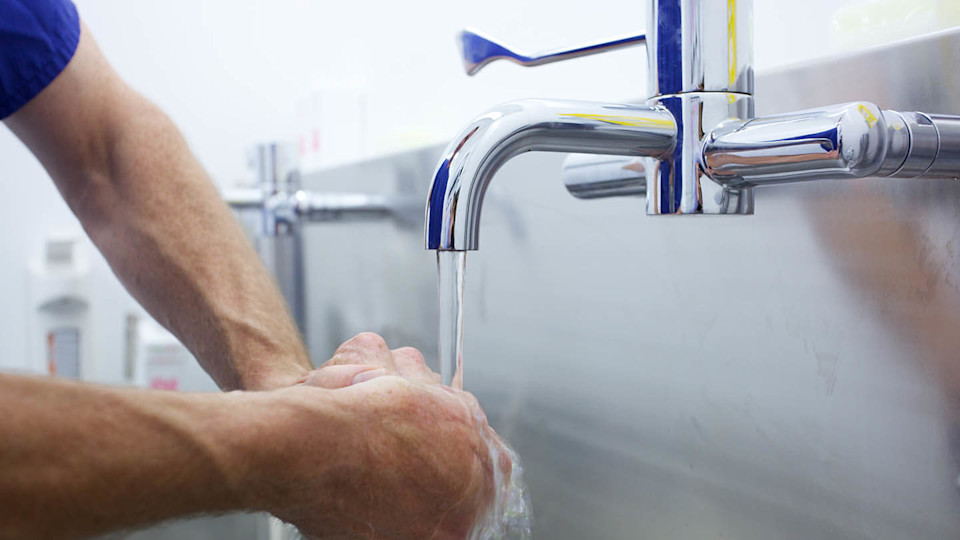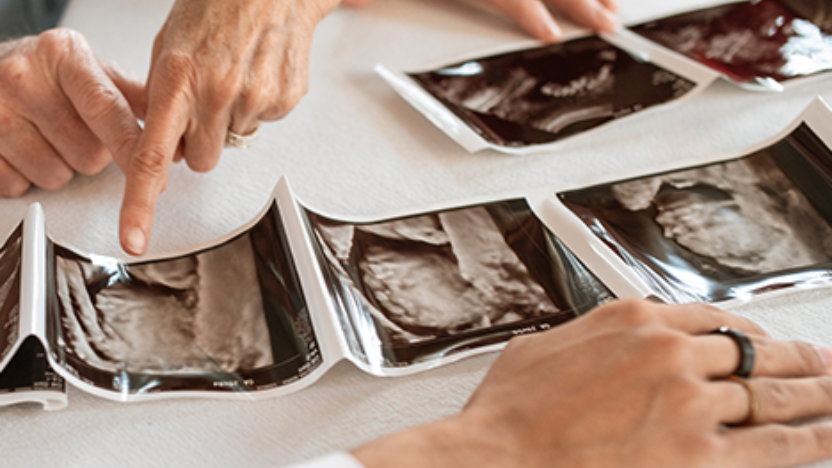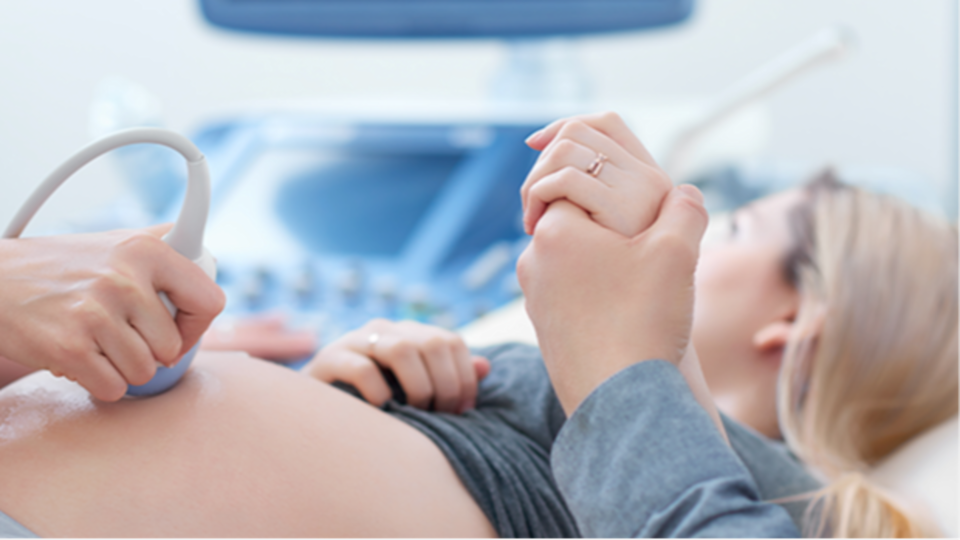
Medical negligence
How to prove medical negligence
Reporting medical negligence can seem daunting. You might find it difficult to explain what has happened and to prove it. Our legal experts explain how you can prove medical negligence and seek the justice you deserve.
How to prove medical negligence
Suffering an injury as a result of medical negligence is something no one should ever have to go through. Mistakes made or opportunities missed in a medical setting can have a profound impact on both the life of the individual who’s been injured and that of their family and friends.
If you've suffered injuries due to medical negligence; we understand the significance of ensuring you feel justice has been served. While we acknowledge that financial compensation and medical rehabilitation may not alter the challenges you currently face, they can significantly assist you in your recovery. Pursuing medical negligence claims provides a means for you to progress and move forward.
To bring a claim, however, you first need to be able to prove medical negligence took place. This means providing evidence that the doctors or medical professionals who saw or treated you did so in a manner that fell below an acceptable standard of care, which subsequently caused avoidable harm or injury.
Proving medical negligence can seem daunting; often, patients may not know what to expect treatments or care to look like, making it difficult to know if medical professionals have been neglect.
Here, our expert clinical negligence lawyers explain what is needed to prove medical negligence and claim the compensation you deserve to help you recover.
How hard is it to prove medical negligence?
How difficult it is to prove that you have suffered because of medical negligence will depend entirely on your individual circumstances. For example, if medical negligence has caused a pre-existing condition to worsen, it will be up to you and your legal representative to prove that this was more likely than not a result of inadequate treatment or care and not because your condition was likely to deteriorate anyway.
The ease or difficulty with which medical negligence is established is rooted in the evidence that your legal representative can collect. To prove medical negligence, this evidence needs to establish that those in charge of your care acted below the standard expected of a reasonable medical professional and, consequently, you were subjected to harm.
Three elements – referred to as legal tests – are used to determine whether the evidence establishes this:
- Proving the medical professional and/or establishment in question had a duty of care towards you as a patient
- Proving a breach of that duty of care
- Proving that the breach of duty caused harm to you or the patient in question. This is also referred to as ‘causation’.
What evidence do I need to prove medical negligence?
The evidence that is required to prove medical negligence can come in various forms and will need to be collected by your legal representative before being reviewed by a medical professional to determine if and how negligence has occurred.
The types of evidence required for this process are:
- Medical evidence
- Witness statements
- Financial evidence
Medical evidence
First and foremost, to make a claim for medical negligence you’ll need evidence that you attended appointments with the medical professional and/or establishment in question. This will be set out in your medical records.
You’ll also need evidence to prove beach of duty and causation. We’ll instruct independent medical experts to comment on whether any or all the care and/or treatment you received was substandard; and, in turn, whether any substandard care caused you to suffer an injury that you would otherwise have avoided.
You’ll also need evidence of your condition. For this you’ll likely need to attend a medical examination with an independent medical expert who specialises in preparing reports to use as evidence in a legal case.
You may need to attend more than one medical appointment or examination, depending on the type and severity of your condition, to establish the evidence needed to support your claim. We’ll arrange these on your behalf, so you don’t need to worry about organising them.
Financial evidence
We’ll help you claim financial compensation and/or the recovery of costs for things like loss of earnings, medical treatment and rehabilitation, and travel expenses. To do so, you’ll need to provide financial proof in the form of pay slips, bank statements and receipts.
Witness statements
In some cases, it may also be appropriate to include witness statements where they’re available, setting out what’s happened to you. These could be from your healthcare provider themselves, or from family members or loved ones, particularly if there were times in which your consciousness was impaired (by either surgery or medication).
Do I have a medical negligence case?
To bring a successful medical negligence claim, your evidence must pass the three legal tests:
- duty of care,
- breach of duty of care,
- causation.
It must be shown that there was a duty owed to you by your professional, and that by breaching that duty of care, harm was caused.
There are many examples of how negligence can occur in a medical setting, including:
- incorrect prescriptions or medication being administered
- delayed diagnosis or incorrect diagnosis of illnesses that led to avoidable harm,
- failure to recognise the signs of a serious illness or injury, lead to a worse condition
- injuries sustained during or after surgery
- birth injuries, including harm to both mother and child during or after childbirth
How can working with a specialist solicitor help to prove medical negligence?
A specialist medical negligence solicitor can help to gather any evidence of medical negligence and identify what will help you in making your claim. With your permission, our specialist team can access your medical records to determine which healthcare facilities and medical professionals were involved in your care during the period of alleged negligence - this may include hospitals, GP surgeries, dental practices or other healthcare providers.
Using the evidence our team has gathered on your behalf, we can handle your claim for you, keeping you informed every step of the way.
We can also organise for an external medical professional to review to the details of your medical negligence claim, in order to provide an independent legal opinion on whether your care could be considered negligent and whether medical professionals have breached their duty of care.
If the duty of care has been breached, the independent expert will also be able to share insight on whether the negligence caused or contributed to your injury.
In the later stages of the case, they may also provide an opinion on the extent of your injuries or the long-term consequences of the alleged negligence, which can help in valuing your claim.
Our dedicated team of medical negligence experts are here to support you. If you or a loved one has experienced medical negligence, we are here to help. Call us on 0330 041 5869 or contact us online to arrange a call back.



